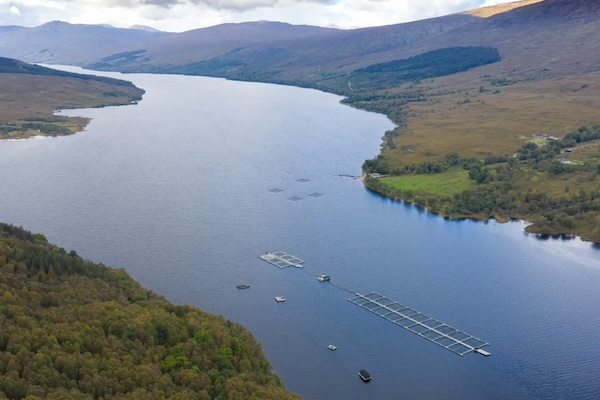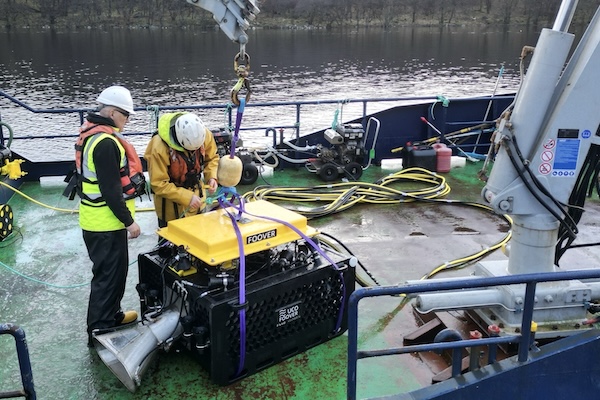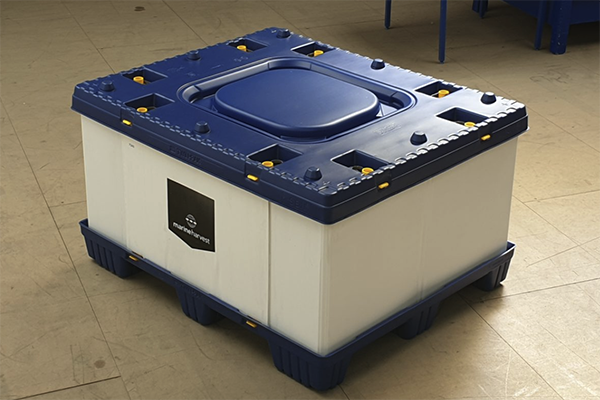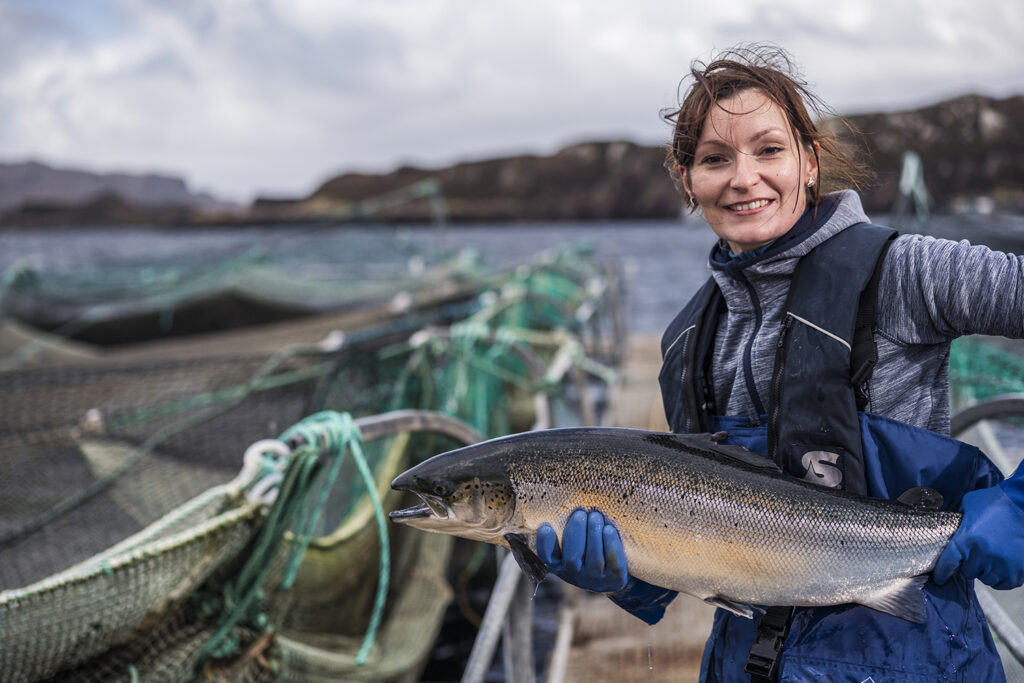Mowi’s 37-year study finds nutrient status of a freshwater loch is ‘virtually unaffected’ by salmon farming

Salmon farming in freshwater lakes did not alter the nutrient status of the water, according to findings from a 37-year independent water quality monitoring program released by Mowi Scotland.
“Loch Arkaig has been officially classified by SEPA as a water body of High Ecological status,” said Stephen MacIntyre, head of environment at Mowi Scotland. “This means that the water at Loch Arkaig is unaffected or virtually unaffected by human activity.”
The study, conducted at Loch Arkaig where the company operated a salmon farm for nearly four decades, tracked water quality from 1987 until earlier this year, when Mowi ceased operations at the site. The company compiled the report to assess the long-term environmental impact of its farming activities.
“The data set shows that the geometric mean for phosphorus levels in Loch Arkaig has remained stable and within its trophic status,” said MacIntyre. “Whilst phosphorus level is the principal nutrient controlling the nutrient status of the loch, its values vary throughout the year due to land management in the catchment and rainfall levels. It is therefore important to invest in monthly sampling and establish a long running data set to establish a geometric mean.”
Over the last 37 years, water samples from Loch Arkaig were collected regularly by a team from the University of Stirling and analyzed in the lab. The monitoring aimed to assess the nutrient status of the water and ensure there was no change in ecological conditions. Key indicators, including total phosphorus (TP) and chlorophyll-a (Chl-a), were tracked to measure any potential impacts from salmon farming operations.
The freshwater findings at Loch Arkaig follow a separate 2024 study that examined the seabed around its former Isle of Ewe fish farm on Scotland’s northwest coast. That three-year post-closure study found strong evidence that seabeds can recover after the end of fish farming operations.
Now that you've reached the end of the article ...
… please consider supporting GSA’s mission to advance responsible seafood practices through education, advocacy and third-party assurances. The Advocate aims to document the evolution of responsible seafood practices and share the expansive knowledge of our vast network of contributors.
By becoming a Global Seafood Alliance member, you’re ensuring that all of the pre-competitive work we do through member benefits, resources and events can continue. Individual membership costs just $50 a year.
Not a GSA member? Join us.
Author
Tagged With
Related Posts

Health & Welfare
Partnership aims to boost efficiency and fish welfare through expanded ROV use in salmon farming
Underwater Contracting and Mowi plan to expand ROV use in salmon farming to boost efficiency and fish welfare in aquaculture.

Responsibility
Mowi Scotland ships record volume of farmed salmon in bespoke reusable containers
Mowi Scotland reports that in 2022 it shipped a record volume of farmed salmon in reusable containers called S-BINs.

Aquafeeds
New metric from Stirling aims to help fish farmers boost nutrition retention
A new "nFIFO" metric may help fish farmers boost nutrient retention, reduce waste and lead to more sustainable aquaculture practices.

Intelligence
Despite strong headwinds, Scottish salmon sector optimistic for growth
With major obstacles to growing production and maintaining market share, the Scottish salmon industry keeps an eye on the horizon.



